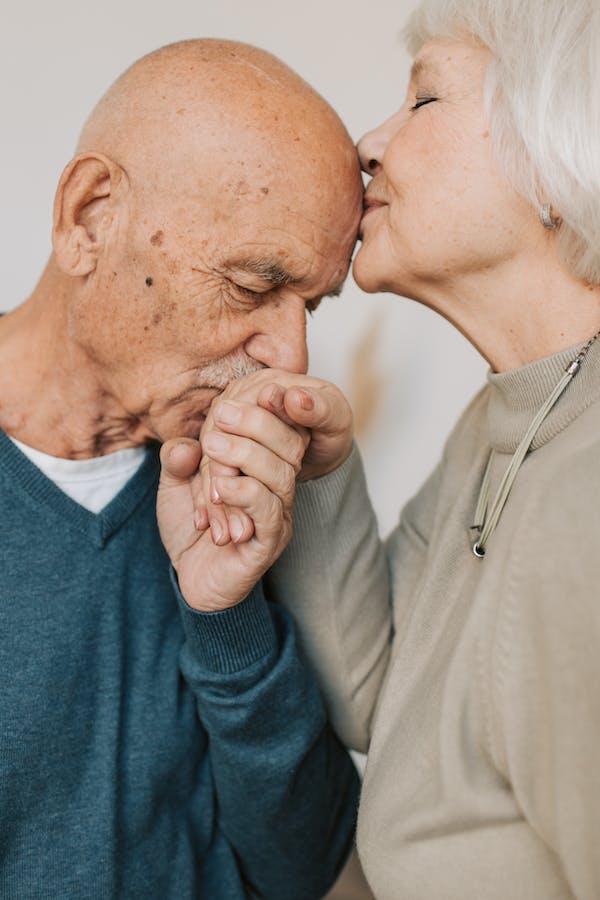Most seniors love their homes and want to stay there. They worked hard all their life to obtain their personal property, and their home represents that and tells a story of a person’s journey and interests. As a person ages, their body may decline, and adjustments may be implemented to keep this goal. Aging people face mobility and cognitive issues, or one or more of their senses (eyesight, hearing, smell) may decline. A significant decline in these categories signals the time to re-evaluate a person’s living situation.
Mobility Issues
Mobility issues are serious because they can lead to falls. Falls are the leading cause of injury and death by injury for people 65 years and older. The good news is there are ways to prevent falls by installing grab bars or ramps throughout the house. A home safety assessment with a certified aging-in-place specialist (a social worker, geriatric case manager, or occupational therapist) will evaluate the home and ensure the bathroom, bedroom, kitchen, and other living areas have safety measures installed. Floor safety is essential because many do not realize the dangers some rugs can cause for people with mobility issues.
Cognitive Issues
Cognitive issues are another severe factor. When someone has dementia or Alzheimer’s, they may forget where they are and start wandering around the neighborhood. Mental deterioration issues could affect a person’s appetite, where they eat less and lose weight or affect their hygienic care. Of course, this can affect their ability to handle everyday tasks, including mail, email, or paying bills, and they need help sorting through everything.
Decline in Senses
A significant decline in one’s senses (eyesight, hearing, and smell) may also make a living situation risky. Loss of vision, hearing, and scent can devastate anyone whose senses decline later in life but still rely on those senses. Not noticing the aroma of any gas leak, not detecting rotten food, and not hearing a smoke detector or alarm could have negative consequences.
What are the options?
When you see an aging loved one declining, examine their health status and living situation. Consider investing in a medical alert device. Reach out to an aging specialist and have them evaluate everything and make the necessary recommendations. Sometimes the person can stay home after completing the essential adjustments and possibly hiring help to assist with non-medical care. Other times, it may require that the person moves to a senior facility, and there are options for that, and a senior housing specialist could help figure out the right fit. No matter what, know you have options and what they are. Let STAGES be your starting point.

